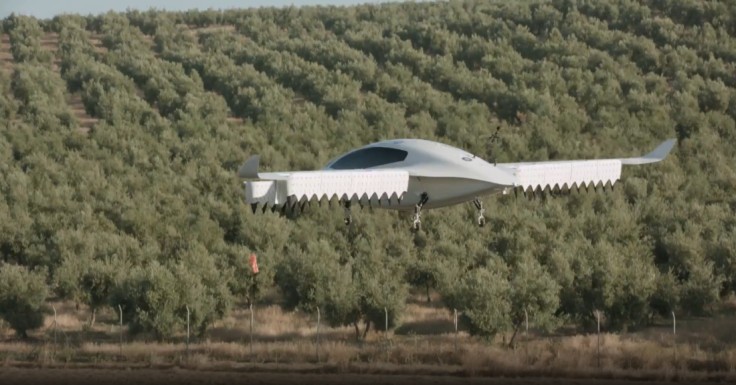Private jets have drawn so much criticism from those who are concerned about the environment, especially since they emit higher carbon emissions than other forms of transportation per person. On the bright side, Lilium has made a version that eliminates CO2 emissions.

Lilium's Electric Jet
The German aerospace company aims to enter the industry with a new Electric Vertical Takeoff and Landing (eVTOL) aircraft. In partnership with EMCJET, a Texas-based air brokerage and management company, Lilium plans to release the aircraft into the US market.
As opposed to fuel-powered jets, the eVTOL aircraft can be used for more eco-friendly transportation, which can be used by elite travelers like company executives and even private jet owners, as reported by Interesting Engineering.
Lilium Head of Partnerships and Network in the US Office, Matthew Broffman says that it's a great helicopter replacement. In terms of reducing one's carbon footprint, that's true, but with innovation comes a bigger price, especially with a design that's relatively new.
The aircraft uses advanced technology with a sophisticated design, able to take off without the need for a runway. With that said, the electric jet costs almost twice as much as the average fuel-powered private jet at $10 million.
The company realizes that the price might not make it as enticing as its competition. Plus, it has a much lower operational range compared to helicopters and private jets. The electric jet can only travel up to 110, while private jets can go as far as 2,000-10,000 nautical miles.
With the limitation, the jet may only be used in urban areas where people wouldn't want to deal with traffic or need to get to their destinations fast. It's possible that the company will try and expand the range of the jet in the future.
Lilium Chief Commercial Officer Sebastian Borel says that they are "thrilled to partner with EMCJET as we embark on our mission to revolutionize regional air mobility in the United States," but of course, it will have to go through regulations first before it can be publicly used.
It Could Be the Future of Private Flying
Just like electric cars are slowly becoming the preferred option, electric jets may soon be more accepted as well. It could be the answer to the growing problem of carbon emissions, especially those that come from private flying.
According to Greenpeace, private jets from Europe have higher carbon emissions per kilometer compared to other forms of transportation. All the flight routes between London, Paris, Nice, and Geneva don't go below the total CO2 emissions at 2,500 tonnes.
Private jets are 50 times more polluting than trains and comparing passenger capacity, the former can only hold up to 20 people while the latter can hold up to 150 passengers. With that, the EU aims to emit less greenhouse gases by 2030.
The ultimate goal is to reduce it by 55% compared to the levels in 1990, and eventually become climate neutral by 2050. Even with the restriction on flights during the COVID-19 pandemic, air travel still accounted for 2% of global CO2 emissions in 2021.









